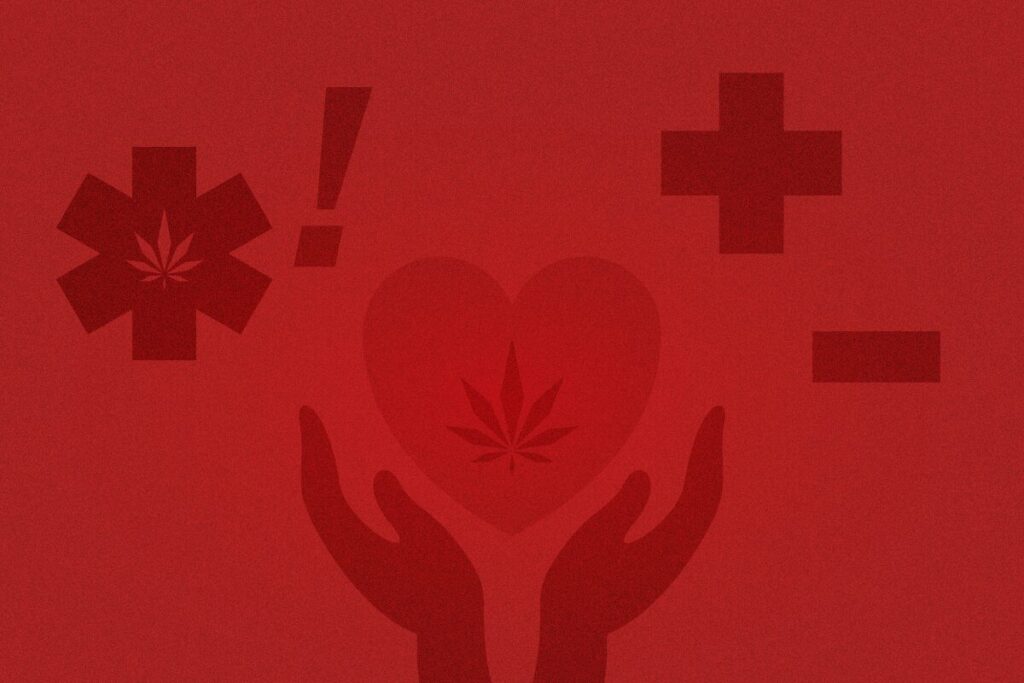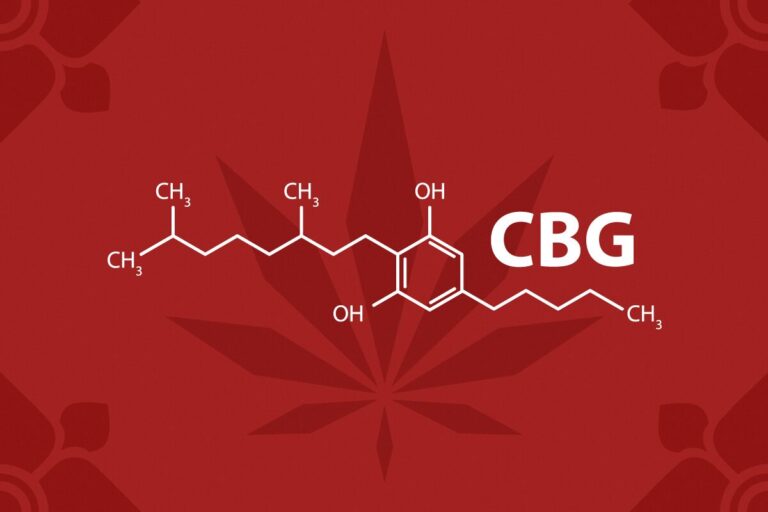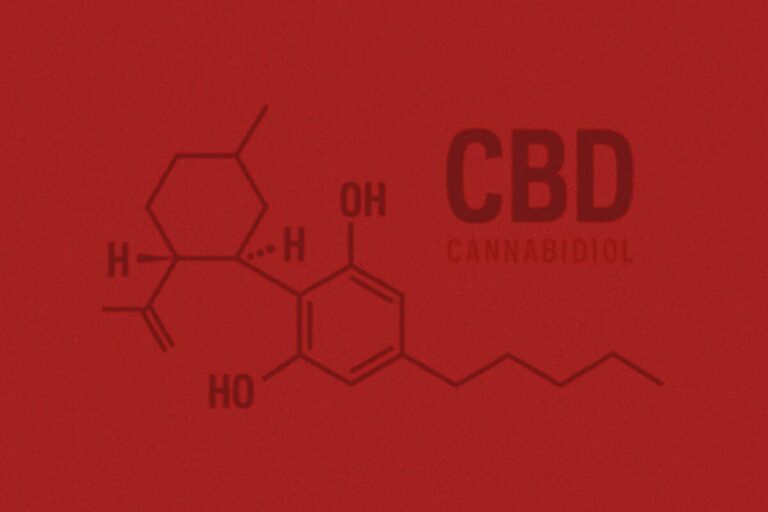Most of you guys here are either seasoned cannabis users or just curious ones casually looking for some information on cannabis. Let me start from the beginning.
First off, what is cannabis?
Cannabis or marijuana, call it what you will, refers to Cannabis sativa or Cannabis Indica plants. The dried leaves, flowers, stems, and seeds from the plants contain “cannabinoids” which are chemical compounds that may affect the human brain and body. Delta-9 tetrahydrocannabinol (THC) and cannabidiol (CBD) are the best-known cannabinoids. THC is what causes people to get “high” after consuming cannabis, while CBD does not produce a high or intoxication effect.
Cannabis can be consumed in various ways. You can smoke it, vape it, or eat it. Cannabis can also be used for both medical and non-medical purposes. Is cannabis good for you? Read on and find out!
Key Takeaways
- Cannabis refers to plants that contain active compounds that can affect the mind and body. THC and CBD are the most common ones.
- Cannabis offers numerous amount of medicinal benefits such as chronic pain, multiple sclerosis, and epilepsy.
- This green plant can offer negative effects including long-term and short-term effects, and physical and psychological effects.
- The FDA strongly suggested against cannabis use among women during pregnancy and breastfeeding as it may affect fetal brain development.
Medical Benefits of Cannabis
A 2017 study revealed nearly 100 conclusions related to the health effects of cannabis and cannabinoid use, specifically, chronic pain in adults are more likely to experience a reduction in pain.
Alcoholism and Drug Addiction
There’s a piece of evidence in a 2018 study showing a promising property of cannabis that is useful in helping with drug and alcohol addiction. The results from the animal models revealed that CBD reduced cravings, anxiety, and lack of impulse control.
Depression, PTSD, and Anxiety
Some promising results in 2018 and 2019 related to mental health and cannabis stated that the CBD in cannabis could help treat anxiety, specifically social anxiety disorder and post-traumatic stress or PTSD.
For cannabis and cannabis, a 2014 study has revealed that CBD may help with depression as it affects a serotonin receptor which is a “happiness molecule”, low serotonin levels are associated with anxiety and depression.
Cancer
Most patients with cancer would get into “chemotherapy” sessions, and some people may experience side effects from the treatment such as nausea and vomiting. Consuming cannabis can help alleviate the mentioned side effects of chemotherapy.
Multiple Sclerosis
Cannabis-based oral spray medication is widely used within 25 countries to help treat multiple sclerosis which causes muscle stiffness and spasms.
Epilepsy
Two rare and severe types of epilepsy, Lennox-Gastaut syndrome, and Dravet syndrome, can be treated with CBD medication which was approved by the Food and Drug Administration (FDA) in June 2018.
Negative Effects of Cannabis
Short-term Effects
THC can quickly transport from your lungs to your bloodstream after taking a puff of cannabis. The human bloodstream carries blood throughout our body, certainly, it carries THC to the brain and other organs as well. The body absorbs THC more slowly when consuming cannabis by drinking or eating it – generally, you would feel the effects after 30 minutes to an hour.
THC in cannabis stimulates the parts of your brain that respond to pleasure meaning that it releases dopamine hormone to make your body “feel good”. The higher the amount of THC in cannabis, the more effects it causes on your body and brain.
Short-term effects of cannabis use may include:
- Impaired memory
- Disorientation and confusion
- Dizziness
- Experience panic attacks
- Altered sense of time
Individuals consuming in higher doses may experience these effects:
- Hallucinations
- Psychosis
- Dry mouth
- Nausea
- Increase heart rate
Long-term Effects
Using cannabis during adolescence or young adulthood before your brain is fully developed can affect brain development. Cannabis may impair thinking, memory, and learning functions. Despite all of the mentioned above, other long-term effects may include:
- Smoking cannabis for a long time can cause damage to your lungs, increasing the risks of bronchitis, stroke, heart disease, and other vascular diseases.
- Cannabinoid hyperemesis syndrome (CHS) – When you experience cycles of nausea, vomiting, and abdominal pain after using cannabis for a long time.
- Periodontal disease (Gum disease) – Smoking cannabis regularly increases your chance of developing gum disease from the irritation of THC in cannabis smoke causing damage to your gum.
- Long-term use of cannabis can lead to impaired sperm development (spermatogenesis) in male users which can affect fertility.
Physical Effects
- Circulatory System – Regular use of cannabis can cause a rise in blood pressure and heart rate which can worsen heart health over time and lead to more complications such as heart diseases.
- Digestive System – When orally consuming cannabis by heavy users, it can cause nausea and vomiting. One study revealed that long-term cannabis use can increase the risk of testicular cancer.
Psychological Effects
Long-term use of cannabis can worsen mental symptoms such as hallucinations and paranoia as well as affect other mental problems in people such as:
- Increased risk of anxiety and depression
- Increased risk of schizophrenia.
Cannabis and Pregnancy
The FDA strongly suggests that women during pregnancy and breastfeeding should avoid any form of cannabis use. Cannabis use during pregnancy may affect the following:
- It can affect fetal brain development as the THC can be carried throughout the body by the bloodstream which induces memory and problem-solving.
- Increase the risk of a low birth weight newborn.
- Increase the risk of premature birth.
For those during breastfeeding and consuming cannabis, the THC can stay in the breastmilk for up to six days and it may affect the newborn’s brain development. Not only women who are pregnant and breastfeeding should avoid smoking cannabis, but what’s even better is that they should avoid being around any type of smoke with harmful components including, tobacco, cigarettes, and cannabis.
Conclusion
Cannabis as we may already know, can used for both recreational and medical purposes. It produces effects on our body and mind depending on the amount of chemical compounds in cannabis. However, it sure produces both positive and negative effects. For example, cannabis can help with depression by interacting with a serotonin receptor, on the other hand, the long-term use of cannabis can worsen the depression instead. Therefore, this article can be your guide to consider before deciding to go for one, whether as a medical cannabis patient or as a beginner stoner.





